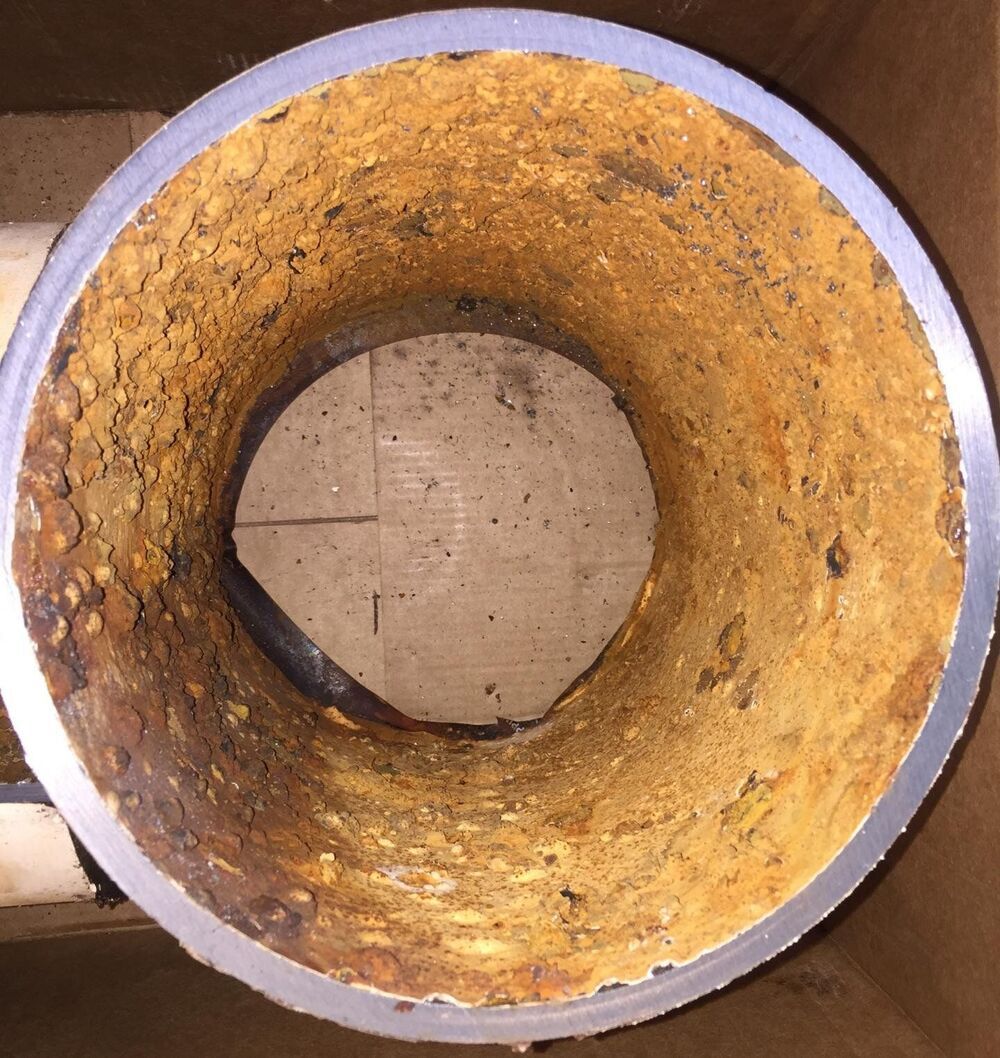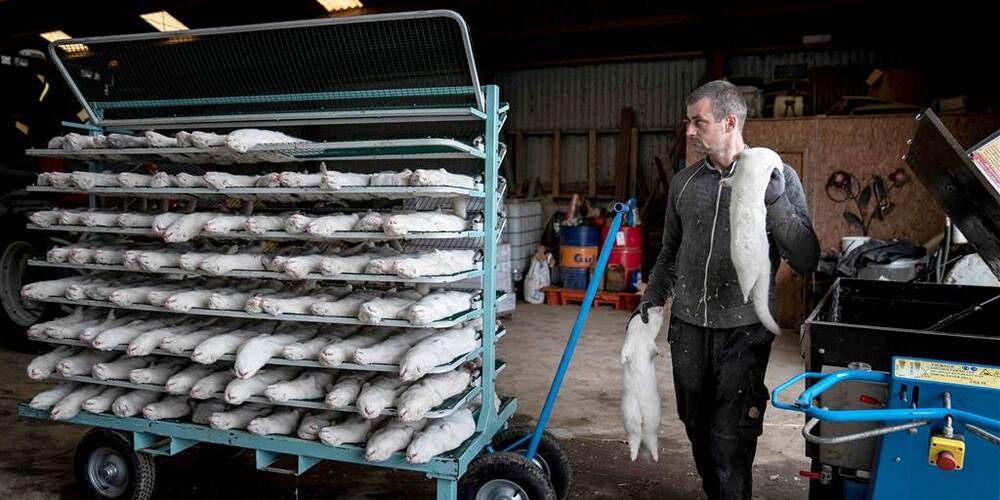Get your copy of Cyberpunk 2077 here:
http://cyberpunk.net/buy.
Sources & further reading:
https://sites.google.com/view/sources-mindupload.
The desire to be free from the limits of the human experience is as old as our first stories. We exist in an endless universe, only bound by the laws of physics and yet, our consciousness is trapped in mortal machines made of meat. With the breathtaking explosion of innovation and progress, for the first time the concept of leaving our flesh piles behind and uploading our minds into a digital utopia seems possible. Even like the logical next step on our evolutionary ladder.
OUR CHANNELS
▀▀▀▀▀▀▀▀▀▀▀▀▀▀▀▀▀▀▀▀▀▀▀▀▀▀
German Channel: https://kgs.link/youtubeDE
Spanish Channel: https://kgs.link/youtubeES
HOW CAN YOU SUPPORT US?
▀▀▀▀▀▀▀▀▀▀▀▀▀▀▀▀▀▀▀▀▀▀▀▀▀▀
This is how we make our living and it would be a pleasure if you support us!
Get Merch designed with ❤ from https://kgs.link/shop.





